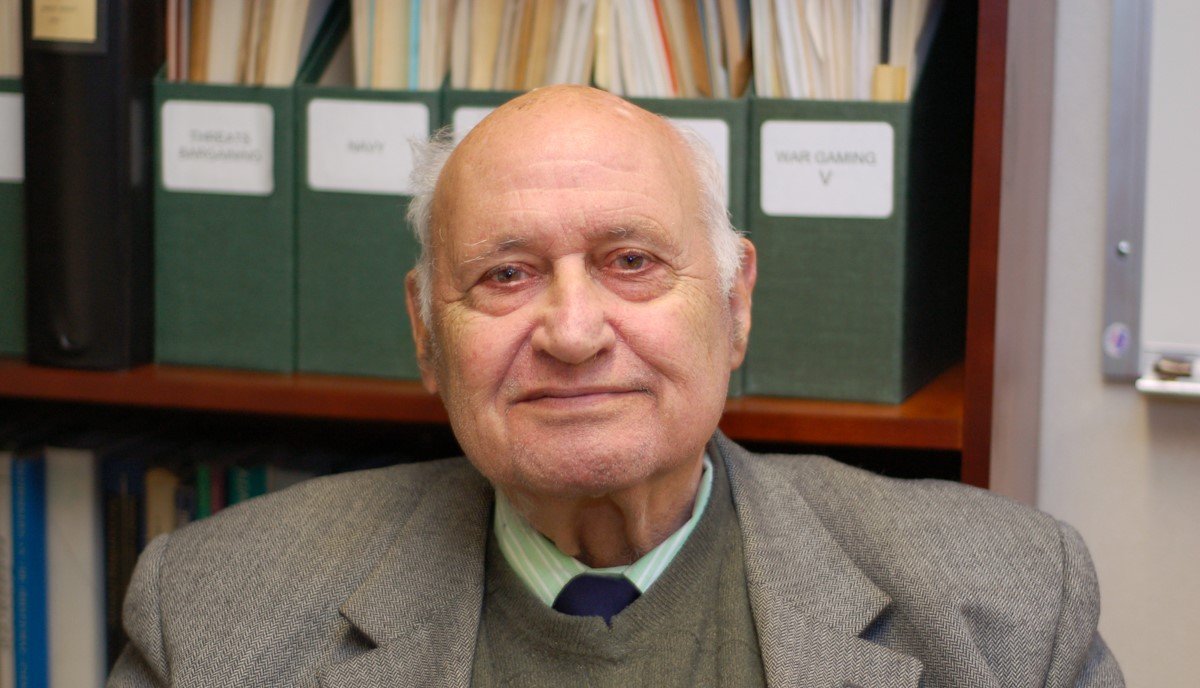Jean-Baptiste Say 101: Who is the French Philosopher and Economist? In our article on Zatrun.com, we will cover in detail everything you need to know about the French Philosopher and Economist that our readers are curious about.
Who is Jean-Baptiste Say?
January November15, 1832 Jean-Baptiste Say (born January 5, 1767 – died November 15, 1832) was a French philosopher and economist. He was born in Lyon, France, to a Protestant family that moved from Nîmes to Geneva due to the revocation of the Edict of Nantes by his father Jean-Etienne Say in October 1685. Jean-Baptiste Say wanted a commercial career.

Together with his brother Horace, he completed his education in England in 1785. He lived in Croydon for a while, then in Fulham. Subsequently, he was successively employed by two London-based sugar trading companies, James Baillie & Co and Samuel and William Hibbert Dec. In December 1786, he accompanied Samuel Hibbert on a trip to France, which ended with Hibbert’s death in Nantes. Later, Jean-Baptiste Say found a job at the life insurance company run by Étienne Clavière and returned to Paris.
Jean-Baptiste Say married Mlle. Deloche in 1793. He was elected a foreign member of the Royal Swedish Academy of Sciences in 1826. In the following years, Say had episodes of nervous breakdowns. After the death of his wife in January 1830, his health deteriorated further. When the July Revolution broke out in 1830, Jean-Baptiste Say was elected to the General Council of the Seine region. But he felt compelled to resign due to health problems.
Jean-Baptiste Say died in Paris on November 15, 1832 and was buried in the Père Lachaise Cemetery.

His Career Life
Jean-Baptiste Say began his first literary career in 1789 with a pamphlet on the freedom of the press, and later worked for the Courrier de Provence together with Mirabeau. Say volunteered for the Champagne expedition in 1792 and became secretary to the then Finance Minister Étienne Clavière in 1793, adopting the nickname “Atticus”.
From 1794 to 1800, he was the editor of the periodical “La Decade philosophique, literaire, et politique”, in which he explained the doctrines of Adam Smith. Jean-Baptiste Say was very influenced by Smith’s ideas. Later, he developed his own views and ideas on economics through his work as a publisher. in 1803 he published his main work, “Traité d’économie politique”.

Dec’s contributions to economic theory include drawing boundaries between economics and politics, claiming that the laws of economics are immutable like the laws of physics and that their roots are in nature. His contributions to economic theory include drawing boundaries between economics and politics, and asserting that the laws of economics are immutable like the laws of physics. He enriched economic thought with his own insights by criticizing the ideas of the physiocrats, mercantilists and Adam Smith.
According to Say, nature cooperates with humans in every field of activity, and production creates benefits, not material goods. He believed that the services offered by judges, doctors and other professional groups in government offices are useful and meet material and spiritual needs. Say also believed that capital expresses the value of goods rather than the goods themselves and that “supply creates its own demand”, a concept known as Say’s Law or the Law of Privates.












